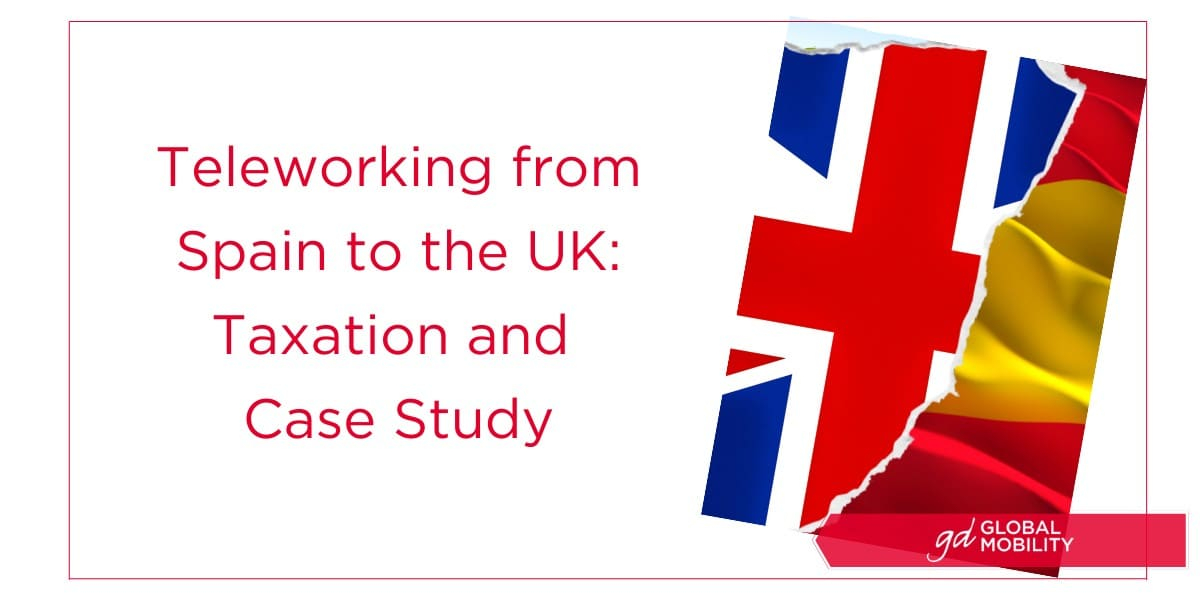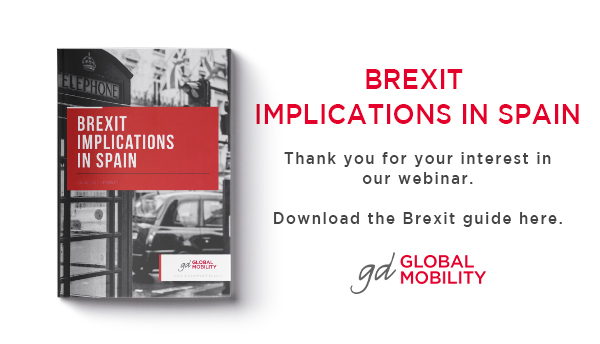
Suppose there is the situation of a worker who, being resident in the United Kingdom and employed by a company with tax residence there, decides to move to Spain to live and telework on a regular basis. In addition, for different reasons, this worker must travel sporadically to the UK.
What tax implications are there for this international teleworking situation? Where do you have to pay taxes on the income you receive?
The General Directorate for Taxation addresses this situation in the binding consultation V1162-22, of May 26, 2022.
What does being a tax resident in Spain mean for the worker?
First of all, the General Directorate for Taxation reminds us that the natural person is a tax resident in Spain (since they spend more than 183 days in Spanish territory), so they must pay personal income tax.
As established by the Law on said tax, the worker in question will be taxed in Spain for the worldwide income they receive, notwithstanding the "special rules" that may be indicated by the Double Taxation Agreement (DTA) between Spain and the United Kingdom.
Income from work in the United Kingdom
As for the income received for their work done in the United Kingdom, the DTA establishes the distribution of taxing power between the two States:
- By working in the UK for a company resident there, the UK can tax this income.
- Spain, as the country of residence of the teleworker, should not impose double taxation (Article 22.1 of the DTA).
Income received from teleworking
In this case, it is understood that the work is developed in Spain, so this generated income will be taxed exclusively in Spain.
Possibility of applying the exemption from Article 7p) of the LIRPF
In relation to the taxation in Spain of the income received by the worker from the company based in the United Kingdom, the General Directorate for Taxation mentions the possibility that the exemption in Personal Income Tax that is included in Article 7p) of the Tax Law for jobs performed abroad (outside Spain) may be applicable.
In order to see whether the exemption should be applied, a number of requirements have to be met:
- It must be performed work as defined in the LIRPF.
- The work must be effectively performed abroad. From the work carried out during the sporadic trips that the worker makes to the United Kingdom, this requirement can be understood to have been met. On the other hand, this requirement is not met with respect to the work carried out in Spanish territory.
- The work should be provided for a non-resident entity or an EP based abroad.
- In the territory where the work is carried out, a tax of the same or similar nature to that of personal income tax must be applied.
- This territory should not be considered to be a tax haven.
Therefore, the application of the exemption regulated in Article 7p) of the LIRPF will depend on the fulfillment of all the aforementioned requirements, a situation that calls for a detailed tax analysis to determine whether or not this exemption can be applied taking into account the personal and business circumstances of each concerned party.
Do you need advice on international taxation?
GD Global Mobility are experts in the analysis and study of international worker taxation.
We can help you optimize your taxation through prior planning geared to your specific situation.
Among other services, we can help you analyze:
- How to prevent double taxation
- Tax incentives for international mobility
- Exemption from taxation of income from work done abroad
Do you need us to help you? Contact our professionals with no obligation




